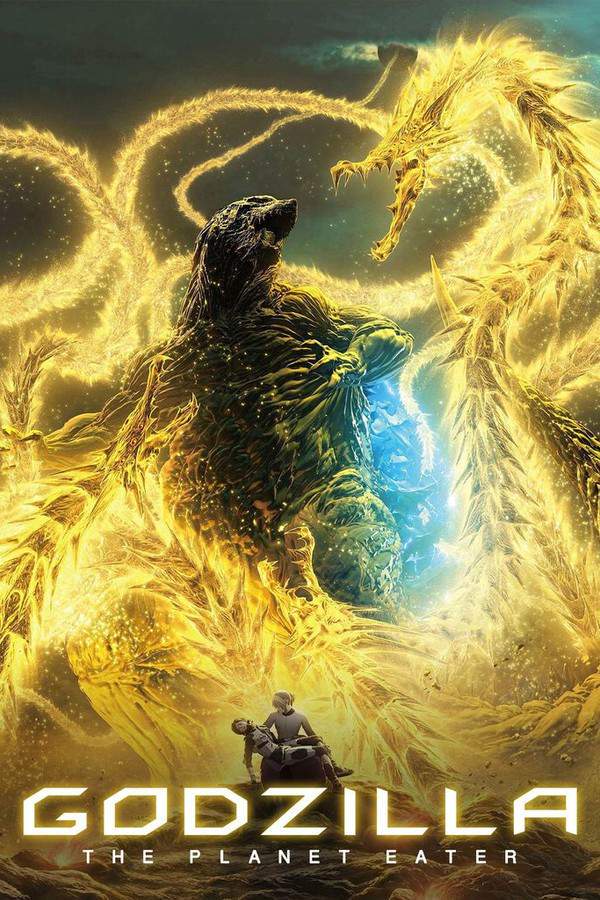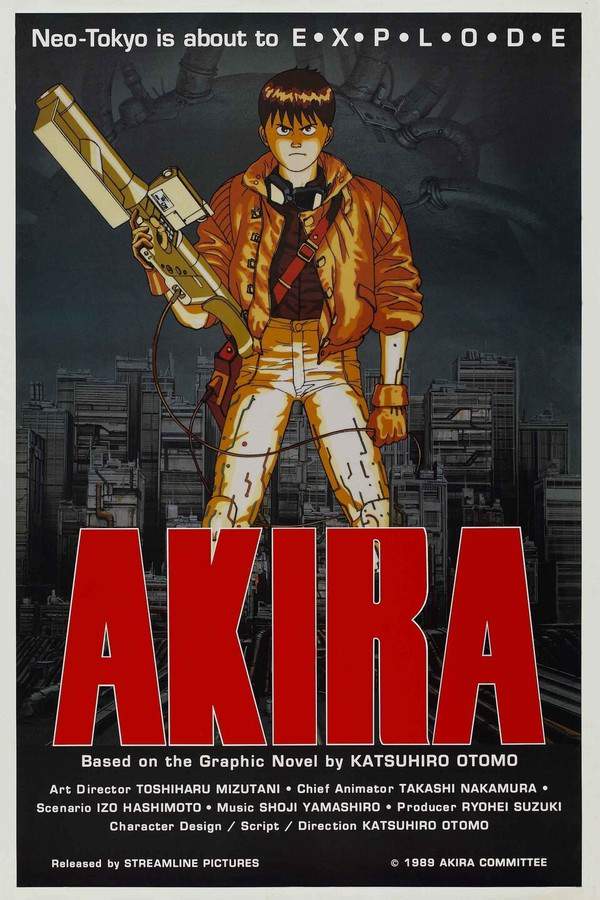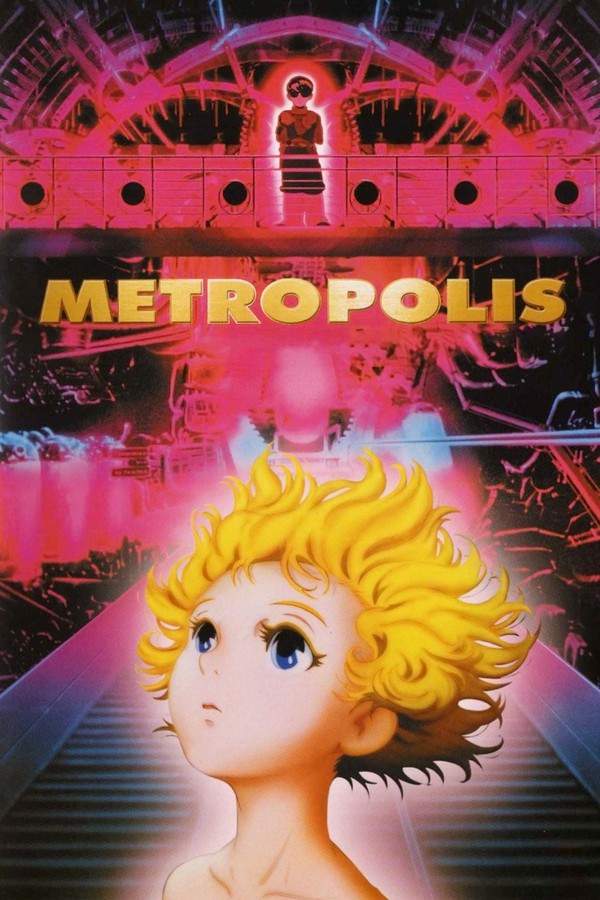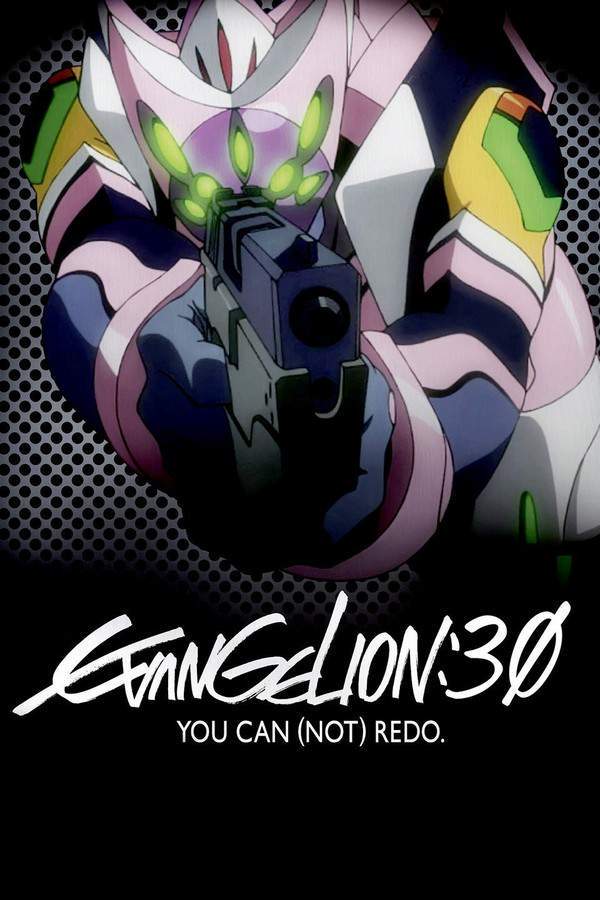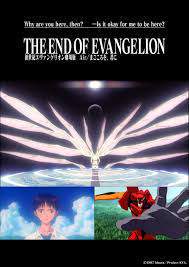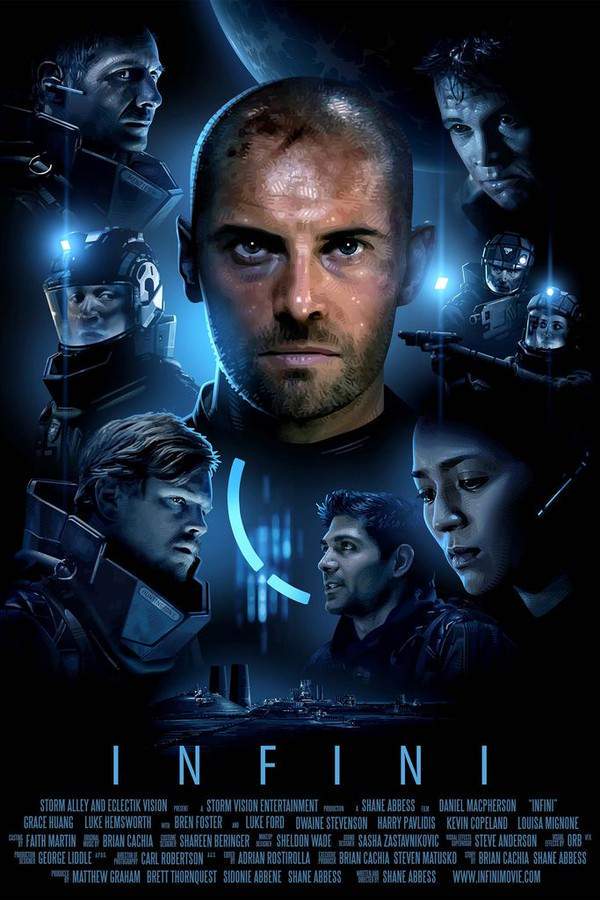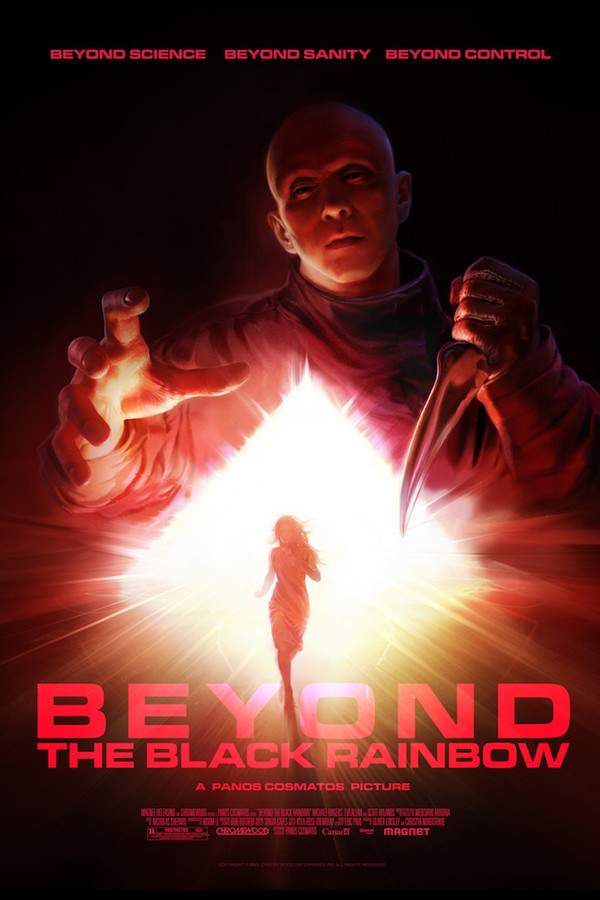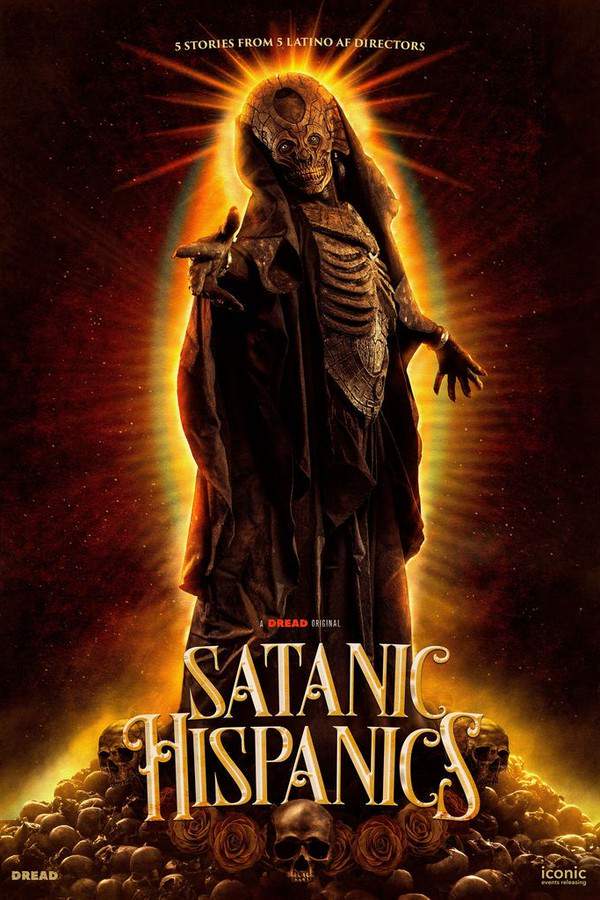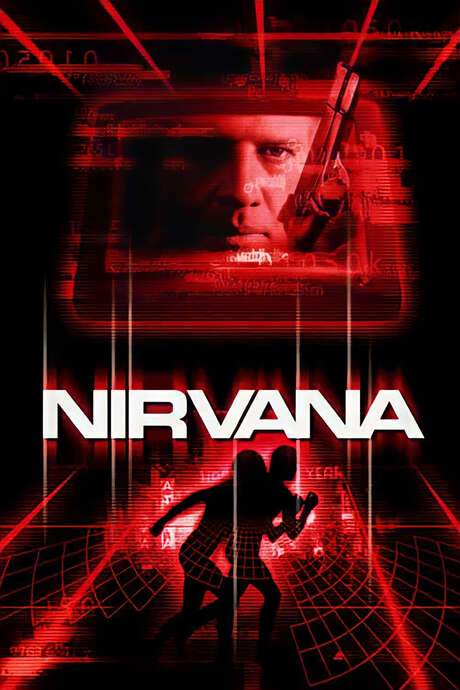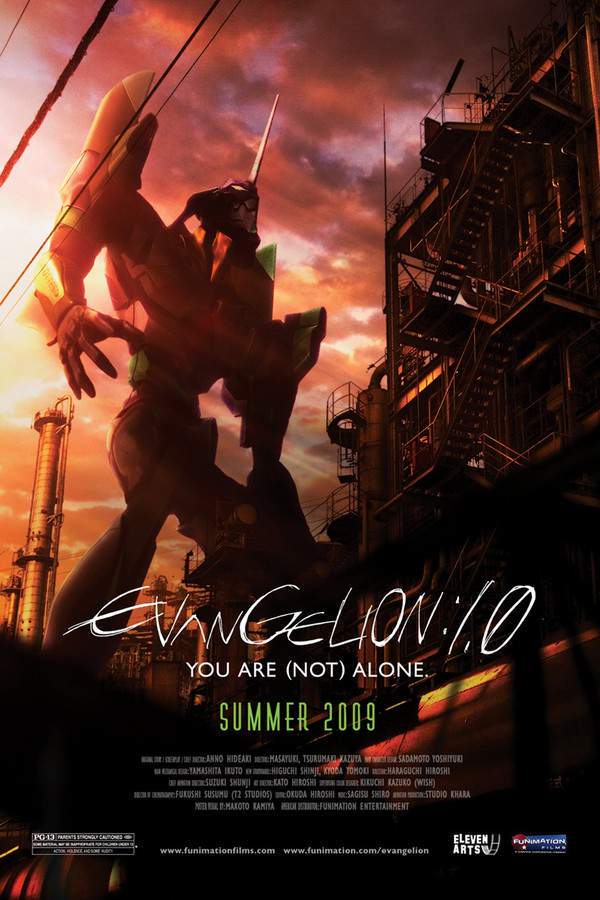
Evangelion: 1.0 You Are (Not) Alone
Year: 2008
Runtime: 98 min
Language: Japanese
Directors: Hideaki Anno, Kazuya Tsurumaki, Masayuki
Following a global catastrophe, the remnants of humanity face extinction. The fragile Tokyo III is threatened by monstrous beings known as Angels, and the defense rests on the shoulders of reluctant teenager Shinji Ikari. Recruited by his estranged father to pilot the giant bio-machine EVA-00, Shinji must confront his inner demons and fight alongside Rei Ayanami, pilot of EVA-01. Led by the determined Misato Katsuragi, NERV prepares a risky operation to combat the approaching Fourth Angel and protect what remains of Japan.
Evangelion: 1.0 You Are (Not) Alone (2008) – Spoiler-Free Movie Summary & Plot Overview
Get a spoiler-free look at Evangelion: 1.0 You Are (Not) Alone (2008) with a clear plot overview that covers the setting, main characters, and story premise—without revealing key twists or the ending. Perfect for deciding if this film is your next watch.
In the wake of a cataclysmic event that reshaped the planet, humanity clings to a fragile outpost known as Tokyo‑3. The city is a perpetual twilight of ruined skyscrapers and glass‑like defenses, a place where the sky itself feels heavy with foreboding. From the shadows loom the Angels—enigmatic, colossal beings whose very presence threatens to erase the last remnants of civilization. The tone is a blend of stark sci‑fi realism and haunting, almost lyrical melancholy, where every sunrise feels borrowed and every night is a countdown.
At the heart of this precarious balance stands Shinji Ikari, a fourteen‑year‑old thrust into a role he never asked for. Summoned by his estranged father, Gendo Ikari, to pilot the enigmatic EVA‑00, Shinji carries the weight of a legacy he barely understands. His reluctance is as palpable as the towering machines he must command, and his inner turmoil creates a tension that mirrors the external threat beyond the city walls. He is a every‑young‑person caught between the expectations of a world on the brink and his own yearning for a place to belong.
Alongside Shinji are two pivotal figures who shape his reluctant journey. Rei Ayanami appears as a barely spoken, almost otherworldly pilot whose quiet competence hides depths yet to be explored. Misato Katsuragi, the pragmatic and fiercely determined operations leader, balances the harsh realities of command with a surprisingly compassionate mentorship. Their interactions form the emotional core of the story, illustrating how bonds can be forged in the crucible of crisis, each character reflecting a different facet of resilience and hope.
The film’s style is a striking contrast of sleek, futuristic technology against stark, war‑scarred landscapes, underscored by a soundtrack that oscillates between pulse‑quickening urgency and reflective silence. Amidst towering Evangelions and the ever‑present specter of the Angels, the narrative invites viewers to contemplate what it means to confront both external monsters and the internal doubts that define us, setting the stage for a journey as much about self‑discovery as it is about survival.
Last Updated: August 10, 2025 at 09:22
Explore Movie Threads
Discover curated groups of movies connected by mood, themes, and story style. Browse collections built around emotion, atmosphere, and narrative focus to easily find films that match what you feel like watching right now.
Movies about traumatized mecha pilots like Evangelion: 1.0 You Are (Not) Alone
Giant robot battles intertwine with the pilots' severe psychological trauma.If you liked the blend of high-stakes mecha action and deep psychological drama in Evangelion: 1.0, explore these movies. They feature young pilots facing apocalyptic threats while battling their own inner demons, parental estrangement, and the immense pressure of being humanity's final hope.
Narrative Summary
Narratives in this thread follow a pattern where external threats (aliens, monsters) are a catalyst for exploring profound internal character struggles. The story often pits vulnerable, often reluctant, young protagonists against overwhelming odds, using the giant robot trope as a metaphor for their psychological burdens and the colossal scale of their personal conflicts.
Why These Movies?
Movies are grouped here for their specific blend of sci-fi mecha action with a heavy emphasis on psychological character study. They share a dark tone, high emotional weight, and a focus on how trauma and duty collide in a high-intensity, apocalyptic setting.
Bleak existential sci-fi stories like Evangelion: 1.0 You Are (Not) Alone
Stories where humanity's end is near, and survival comes at a terrible psychological cost.For viewers who appreciated the oppressive atmosphere and deep philosophical themes of Evangelion: 1.0. These movies explore similar ideas of impending apocalypse, mysterious existential threats, and the heavy psychological toll on those fighting a seemingly hopeless battle for survival.
Narrative Summary
The narrative pattern involves a slow-burn revelation of a cosmic or existential threat to humanity. The central conflict is as much about understanding the mysterious nature of the enemy as it is about physical combat, often leading to ambiguous conclusions and heavy moral dilemmas about what it means to be human.
Why These Movies?
These films are united by their shared mood of existential anxiety and a dark, complex tone. They feature high-stakes scenarios against incomprehensible foes, fast pacing driven by constant crisis, and a focus on the psychological and philosophical fallout of facing extinction.
Unlock the Full Story of Evangelion: 1.0 You Are (Not) Alone
Don't stop at just watching — explore Evangelion: 1.0 You Are (Not) Alone in full detail. From the complete plot summary and scene-by-scene timeline to character breakdowns, thematic analysis, and a deep dive into the ending — every page helps you truly understand what Evangelion: 1.0 You Are (Not) Alone is all about. Plus, discover what's next after the movie.
Evangelion: 1.0 You Are (Not) Alone Summary
Read a complete plot summary of Evangelion: 1.0 You Are (Not) Alone, including all key story points, character arcs, and turning points. This in-depth recap is ideal for understanding the narrative structure or reviewing what happened in the movie.

Evangelion: 1.0 You Are (Not) Alone Timeline
Track the full timeline of Evangelion: 1.0 You Are (Not) Alone with every major event arranged chronologically. Perfect for decoding non-linear storytelling, flashbacks, or parallel narratives with a clear scene-by-scene breakdown.

Characters, Settings & Themes in Evangelion: 1.0 You Are (Not) Alone
Discover the characters, locations, and core themes that shape Evangelion: 1.0 You Are (Not) Alone. Get insights into symbolic elements, setting significance, and deeper narrative meaning — ideal for thematic analysis and movie breakdowns.

More About Evangelion: 1.0 You Are (Not) Alone
Visit What's After the Movie to explore more about Evangelion: 1.0 You Are (Not) Alone: box office results, cast and crew info, production details, post-credit scenes, and external links — all in one place for movie fans and researchers.


